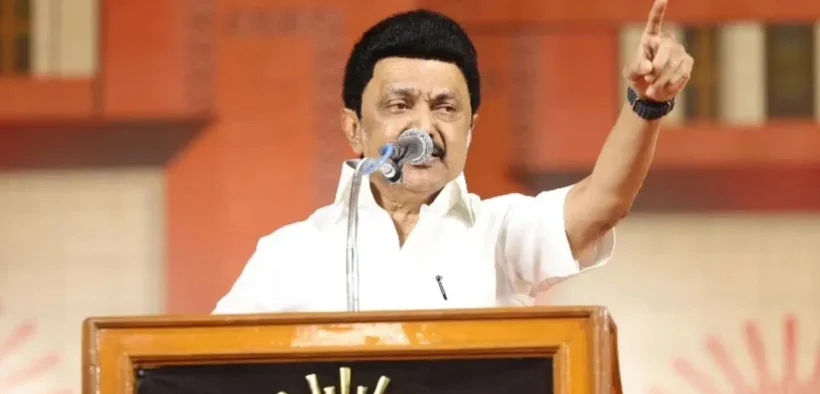Tamil Nadu Chief Minister M.K. Stalin unveiled the state’s new State Education Policy (SEP) on August 8, 2025, positioning it as a direct alternative to the Union Government’s National Education Policy (NEP). The SEP, drawn up by a 14-member committee led by retired Justice D. Murugesan, is aimed at aligning the education system with Tamil Nadu’s unique cultural context and progressive values.
Advertisements

A defining feature of the SEP is the continuation of the state’s two-language formula — Tamil and English — emphatically rejecting the NEP’s three-language mandate, widely perceived by the state as an imposition of Hindi. Tamil is now a compulsory subject up to Class 10 across all educational boards.
In an effort to reduce student stress and promote holistic learning, the SEP abolishes board examinations for Class 11 while retaining those for Class 10 and 12, and maintains the no-detention policy until Class 8.
Beyond language and assessment, the new policy places a strong emphasis on modern, student-centric education. It emphasizes rational thinking over rote learning, and incorporates critical skills such as AI, data science, robotics, financial literacy, digital competence, and other 21st-century competencies.
The SEP also outlines measures for equity and inclusivity, promising support for disadvantaged groups—such as SC/ST communities, first-generation learners, girls, and children with disabilities—through scholarships, barrier-free infrastructure, and mentoring programs.
A notable reform includes the establishment of “schools of excellence” (Vetri Palligal) in every block, aimed at providing high-quality teaching infrastructure and serving as mentoring hubs for nearby schools.
Tamil Nadu’s SEP also signals its intention to reclaim education as a state subject, reaffirming federal values and regional autonomy—a long-standing demand echoed by state Education Minister Anbil Mahesh Poyyamozhi.
